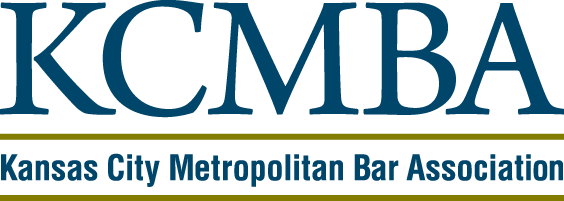
Pelvic Organ Prolapse has been treated with surgical mesh for over 20 years. Studies show the use transvaginal mesh has fallen in recent years thanks to strongly worded warnings from the FDA.
Surgical mesh has been used for treatment of Pelvic Organ Prolapse since 1992. Pelvic organ prolapse, or POP, occurs when the muscles and ligaments supporting the female pelvic organs begin to weaken. Pelvic organ prolapse is most common in women who have given birth, had a hysterectomy, or gone through menopause. Up to 50% of women experience some form of prolapse, per some estimates. Surgical mesh is used to support pelvic organs for women with more extreme cases of pelvic organ prolapse, . Recently the FDA has warned that transvaginal mesh treatment of POP may not be more effective than treatments that do not include mesh.
In 2008 the FDA issued a safety warning indicating that “rare” complications were associated with transvaginal mesh. Some of these complications include tissue erosion, pain, infection, urinary problems, and painful intercourse. Often, partners of women with transvaginal mesh also face complications following intercourse. In 2011 the FDA updated their safety warning to say that these complications are not rare but much more common than originally thought.
A study published in JAMA Internal Medicine shows that transvaginal mesh usage has fallen since the 2011 FDA warning. Since the updated safety warning, the FDA has ordered postmarket studies to discern the safety and effectiveness of mesh for pelvic organ prolapse repair. Surgical mesh used for POP repair has been reclassified as a Class III which requires more stringent approval than before.
Polypropylene is also used in hernia mesh products, but the FDA has not yet warned on the dangers of hernia mesh. For more information on the dangers of hernia mesh made from polypropylene, visit our hernia mesh lawsuit page.
Contact the Hollis Law Firm today for a free transvaginal mesh lawsuit consultation.
Treatment for pelvic organ prolapse does not always require surgical mesh. If you’ve suffered infection, erosion, urinary problems, painful intercourse, or any other complications after your transvaginal mesh surgery, contact the Hollis Law Firm today. Transvaginal mesh may cause increased pain and suffering and you may have a claim eligible for compensation. Call us at (800) 701-3672 today for a free, no obligation transvaginal mesh lawsuit consultation.














